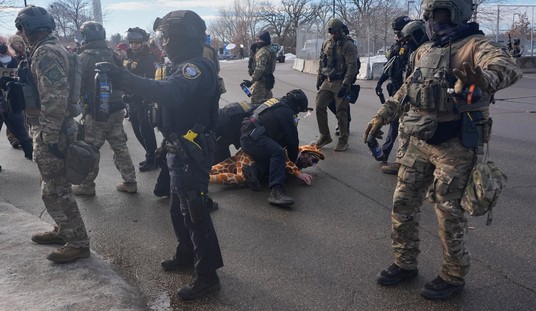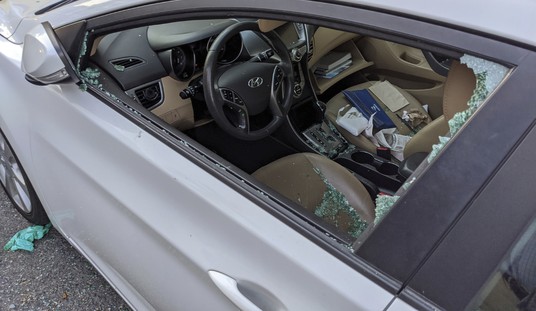Two weeks from now the Biden administration’s new regulations on 80% completed frames and receivers are set to take effect, but one Texas company that produces the unfinished products argued in federal court this week that the new rules should be blocked from being enforced while the legality of the rules are being litigated.
Division 80, which is based in Texas, laid out a number of arguments during the hearing on a request for an injunction on Tuesday, but the most surprising moment of the hearing came from Biden’s Justice Department, which claimed that Division 80’s products won’t be effected by the new rules… much to the surprise of the company’s attorneys.
Pressing for a preliminary injunction, Division 80’s attorney, Cory Liu of the Ashcroft Law Firm in Austin, said in a hearing Tuesday that the company’s owner, Brandon Padilla, has no other job and his livelihood depends on its current business model.
“Why doesn’t he just get the [federal firearm] license?” U.S. District Judge Jeffrey Brown asked.
“There’s a thriving market of people who want to make their own guns and don’t want to go through licensed dealers,” Liu explained. “Padilla’s entire product line would be wiped out; consumer demand wouldn’t be there.”
“It’s not just about a license,” the attorney added. “It’s about the ability to build a firearm, a right that’s existed since the nation’s founding.”
But Liu’s arguments were undercut by a disclaimer from Justice Department attorney Daniel Riess, after Liu showed Brown a receiver Division 80 sells for an AR-15 style rifle, the most popular firearm in America.
Riess gave the judge a paper with illustrations taken from the ATF’s final rule, outlining what it does and does not consider to be a receiver.
To qualify as a regulated receiver, Riess explained, the part must come with a “jig” or template – typically a piece of plastic that snaps into place to guide the purchaser on where and how deep to drill holes – drill bits and instructions, making the receiver “readily convertible” within minutes to a fully functional firearm.
Liu was flabbergasted. “That’s news to me,” he said. “For months, we’ve been asking what role do instructions and tools play in this. You can sell a receiver blank without tools and jigs. That’s news to me. Had this handout been posted on ATF’s website that would have cleared up a lot of questions.”
Brown asked if that doomed Division 80’s injunction request: “What if the product can still be sold? Is that fatal to a preliminary injunction? Or are you still saying you want an injunction?”
But Liu said the revelation just proves Division 80’s contention the rule is unconstitutionally vague. He said it is so open-ended the public can’t understand it.
“They want the rule to be as ambiguous as possible. And they’ll just give handouts on a case-by-case basis to meet their need,” he griped.
Liu’s right about the vagueness of the ATF’s new interpretation (and I would argue, unconstitutional expansion) of the Gun Control Act’s definition of “firearm”, which now seems to be something along the lines of “a frame or receiver, even one that is not completed, though an incomplete frame or receiver may not be a firearm if it’s not able to be readily converted into a firearm… we’re not really sure.” Rather than a sharp, clear line that’s easy for companies like Division 80 to follow, the agency is trying to give itself unchecked authority to determine on a case-by-case basis whether or not unfinished frames or receivers should be considered firearms under federal law; requiring them to both be serialized and sold at retail only after a background check is performed on the buyer.
Division 80’s attorneys contend that regardless of what DOJ attorneys said in court on Tuesday the ATF simply doesn’t have the authority to issue their new rules, and that Congress is the appropriate body to make these substantive changes to the GCA. Judge Jeffrey V. Brown, who was appointed to the U.S. District Court by Donald Trump in 2019, told both sides that he does expect to issue a decision on the request for an injunction before August 24th, so it shouldn’t be long before we know whether or not the new rules will actually be enforced in a couple of weeks.









Join the conversation as a VIP Member